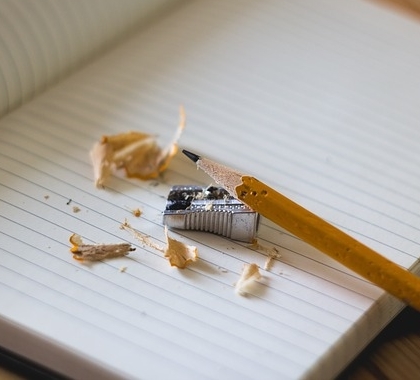The Council on Public Legal Education (CPLE) launched the Civic Learning Initiative in January 2017 “to bolster civic learning for Washington State students,” CPLE reported.
“High-quality civic learning is the most important factor in determining whether students will actively participate in their communities as adults,” the council’s website states. “A democracy thrives when its citizens vote, show up for jury duty, engage in public life, join neighborhood groups, are aware of current civic issues, identify and listen to viewpoints other than their own, attend local government meetings, or voice their concerns to lawmakers.”
CPLE plans “to ask the legislature for $250,000, some of which would be used to give teachers better training in civics education and expand it to middle- and elementary schools,” The Seattle Times reported in January.
‘Not Room in the Curriculum’
In a December 2016 update to their review of states’ civic learning requirements, the Education Commission of the States and the National Center for Learning and Civic Engagement wrote in their report, “Thirty-seven states require students to demonstrate proficiency through assessment in civics or social studies. … Seventeen states include civic learning in their accountability frameworks.”
Margaret E. Fisher, distinguished practitioner in residence at the Seattle University School of Law, is leading the CPLE Civic Learning Initiative. She says government-imposed increases in academic testing on a narrow range of subjects have pushed civics learning out of classrooms.
“There are many reasons why the teaching of civics has been either eliminated or downplayed in school curricula,” Fisher said. “One of the major reasons is testing. With the focus on testing for math, English language arts, and science, there’s not room in the curriculum.”
Classical Education Replaced
Jamie Gass, director of the Center for School Reform at the Pioneer Institute, says schools’ shift away from a classical education model is a mistake many of the nation’s greatest thinkers throughout history would be opposed to.
“Training, properly understood, is not really education,” Gass said. “If you read any of the writings of the Founding Fathers or any of the prominent educators in the history of the country, most of them would express the opinion that a liberal arts education is the basis for not only citizenship but also to live a good life.”
‘Democracy Is in Jeopardy’
Fisher says if people don’t know how our government system works or its history, the nation’s future is at risk.
“They have no way to meaningfully interact with government if they don’t understand [civics],” Fisher said. “They lose power in their lives. If we don’t have a citizenry that can participate in democracy, then I think democracy’s in jeopardy.”
Gass says a solid civics education makes our country a better place to live.
“I have always thought the mission of our public education system is to serve as a wellspring for our democracy,” Gass said. “In order for that to occur, kids have to have a basic understanding of the history and civics that undergird the democracy.”
Teresa Mull ([email protected]) is a research fellow in education policy at The Heartland Institute.
INTERNET INFO:
“Civic Learning Initiative: Providing Meaningful Opportunities for Students to Become Active, Informed, and Engaged,” Council on Public Legal Education, August 11, 2016: https://heartland.org/publications-resources/publications/the-washington-state-civic-learning-initiative





